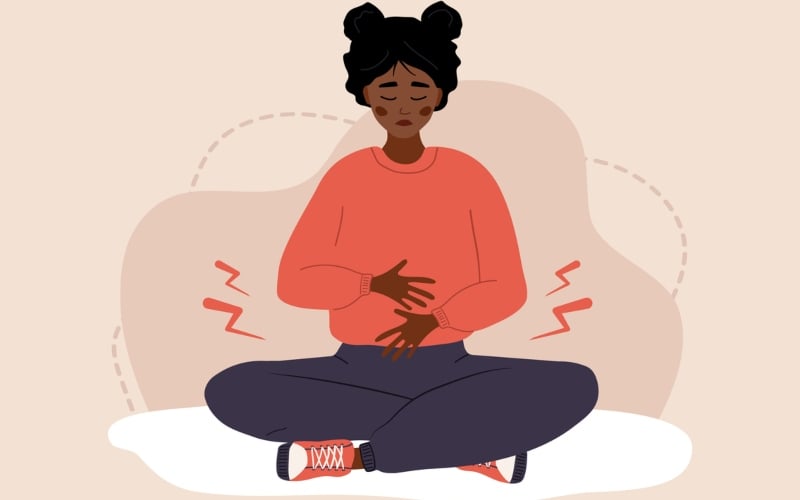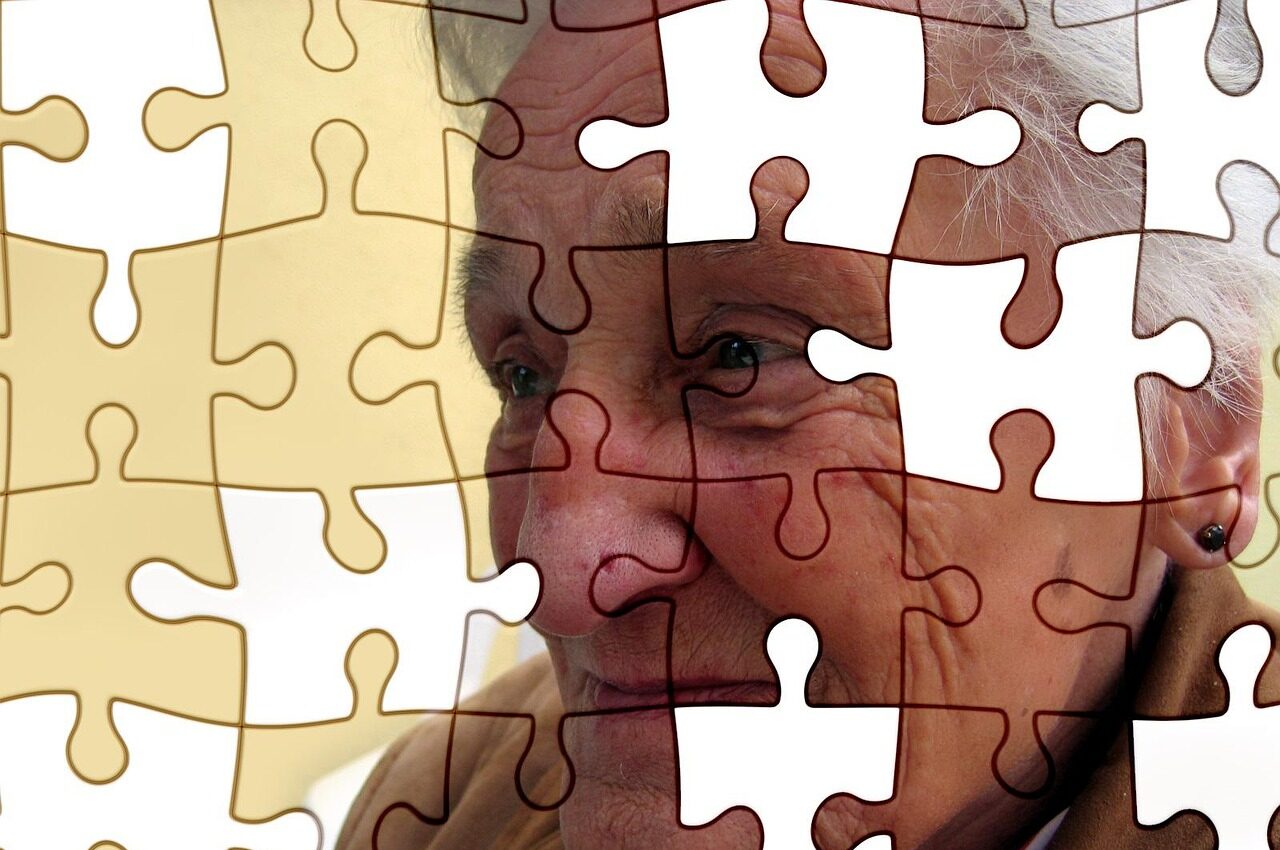 Author: Morgan ChamberlainApril 1, 2023
Author: Morgan ChamberlainApril 1, 2023 mbg Supplement EditorBy Morgan Chamberlainmbg Supplement EditorMorgan Chamberlain is a supplement editor at mindbodygreen. She graduated from Syracuse University with a Bachelor of Science degree in magazine journalism and a minor in nutrition.Image by Studio Firma / StocksyApril 1, 2023
mbg Supplement EditorBy Morgan Chamberlainmbg Supplement EditorMorgan Chamberlain is a supplement editor at mindbodygreen. She graduated from Syracuse University with a Bachelor of Science degree in magazine journalism and a minor in nutrition.Image by Studio Firma / StocksyApril 1, 2023When it comes to health in the United States, you may say that bone density isn’t one of our strengths. In 2010, approximately 10 million Americans aged 50 and over had osteoporosis, according to the Journal of Bone and Mineral Research. Over 43 million more had low bone mass.
Both dementia and osteoporosis patients are at an increased risk of fracture. but dementia patients also have a higher risk of falling (and dire consequences as a result of that fall). Case in point: the six-month mortality rate in end-stage dementia patients1 that sustain a hip fracture is 55%, compared to 12% in cognitively healthy individuals.
Advertisement
This ad is displayed using third party content and we do not control its accessibility features.While scientists have noticed associations between bone loss and dementia for a long time, researchers recently determined that bone density is indeed a risk factor for dementia in a prospective population-based cohort study published in Neurology this month.
How bone density impacts dementia risk
Over 3,500 participants from the Rotterdam Study that did not have dementia between 2002 and 2005 were given a bone mineral density (BMD) test at the femoral neck, lumbar spine, and total body and a trabecular bone score test up until January 2020.
vitamin D3 potency+
Optimized vitamin D3 with absorption technology for whole-body health*
★ ★ ★ ★ ★★ ★ ★ ★ ★(85)
Shop now Shop now
Shop nowApproximately 19% of the participants developed dementia during the follow-up period. Participants with lower BMD at the femoral neck were 12% more likely to develop dementia and 14% more likely to develop Alzheimer’s disease. Within the first ten years following the baseline assessment, scientists found that participants in the lowest tertile of bone mineral density (specifically, those with the lowest femoral neck BMD, total body BMD, and trabecular bone scores) were most likely to develop dementia.
More research is needed to see if bone mineral density helps protect individuals from developing dementia, but we hypothesize that vitamin D might have something to do with it.
Advertisement
This ad is displayed using third party content and we do not control its accessibility features.The link between vitamin D status, bone mineral density & dementia risk
Increasing vitamin D intake has been found to both strengthen bones and reduce dementia risk. Here are some quick stats:
- 48% of osteoporosis patients are deficient in vitamin D
- Vitamin D deficiency (VDD) has been found to accelerate bone turnover, loss, and fractures2
- VDD increases the risk of dementia by 32%, while severe deficiency increases dementia risk by nearly 50%
- Older adults that increase their vitamin D intake are 40% less likely to develop dementia
Advertisement
This ad is displayed using third party content and we do not control its accessibility features.While we can’t confirm that vitamin D is entirely responsible for preventing osteoporosis and dementia, it’s clear that increasing your daily vitamin D intake (and most importantly, achieving and maintaining sufficiency) can help protect both your bones and brain from disease down the road.
The truth is, food sources and sunlights aren’t sufficient for helping you get ample daily vitamin D. The most effective way to reach and sustain healthy vitamin D levels is with a targeted, high-quality vitamin D3 supplement (like the ones listed here!).
The takeaway
Scientists recently found that low bone mineral density is a risk factor for dementia. To help strengthen your bone integrity and reduce your dementia risk, consider increasing your vitamin D intake.
 Morgan Chamberlainmbg Supplement Editor
Morgan Chamberlainmbg Supplement EditorMorgan Chamberlain is a supplement editor at mindbodygreen. She graduated from Syracuse University with a Bachelor of Science degree in magazine journalism and a minor in nutrition. Chamberlain believes in taking small steps to improve your well-being—whether that means eating more plant-based foods, checking in with a therapist weekly, or spending quality time with your closest friends. When she isn’t typing away furiously at her keyboard, you can find her cooking in the kitchen, hanging outside, or doing a vinyasa flow.











